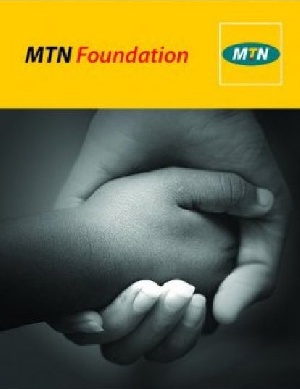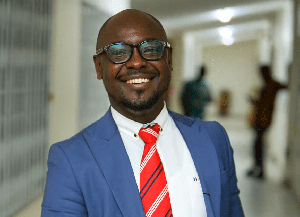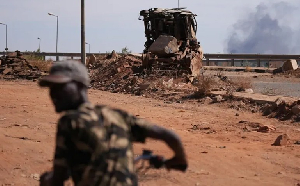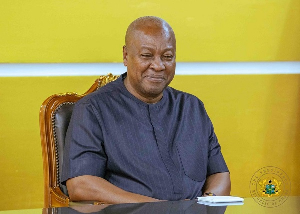The MTN Foundation, as part of its corporate social responsibility, has organized two separate blood donation exercises in Kumasi to mark this year’s Valentine’s Day celebration.
The exercise which seeks to stock the National Blood Bank with adequate blood was held at the Opoku Ware and the Saint Louis Senior High Schools.
Dubbed, “Save a Life Blood Donation”, it was a collaboration between MTN and the Ghana Health Service (GHS), to improve blood availability in the Country’s health delivery system.
Mr. Nii Adotey Mingle, the General Manager of MTN for the Northern Sector said the promotion of good health among the Ghanaian populace was one of the priority areas of the MTN Foundation.
He said MTN Ghana had since 2011 been organizing blood donation exercises on February 14 for distribution to various health facilities across the Country, adding that there was no better way to show love than to save a life.
He disclosed that the company was targeting 3,500 units of blood, having exceeded its target of 2,700 last year.
Mr. Mingle entreated the general public to participate in such exercises, saying that, stocking various blood banks was the collective responsibility of every citizen.
He said MTN was committed to contributing to addressing the perennial shortage of blood, indicating that the country had a deficit of 40 percent of our blood requirement annually.
Dr. Shirley Owusu Ofori, Head of Transfusion Unit, Komfo Anokye Teaching Hospital (KATH) who supervised the exercise applauded MTN for its continuous contribution to the bloodstock of the nation over the years.
“A country without blood donors is a country whose health is at risk. The World Health Organisation (WHO) says that if one to two percent of a country’s population are committed blood donors, the country’s blood needs are met”, she emphasized.
She said the increasing use of blood for surgeries and emergencies means more needed to be done to ensure adequate blood in health facilities.
Business News of Friday, 15 February 2019
Source: GNA
MTN Foundation marks Valentine’s Day with blood donation
Entertainment












